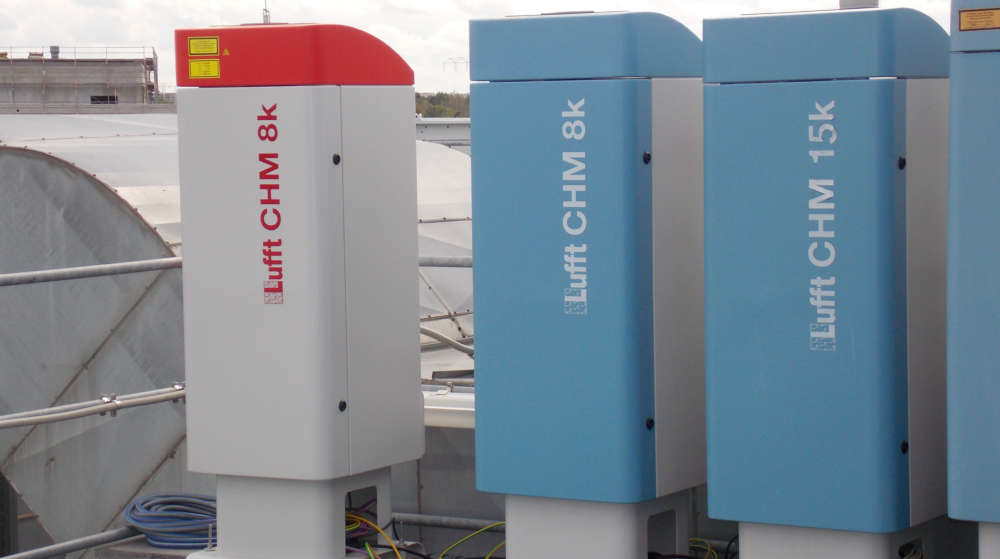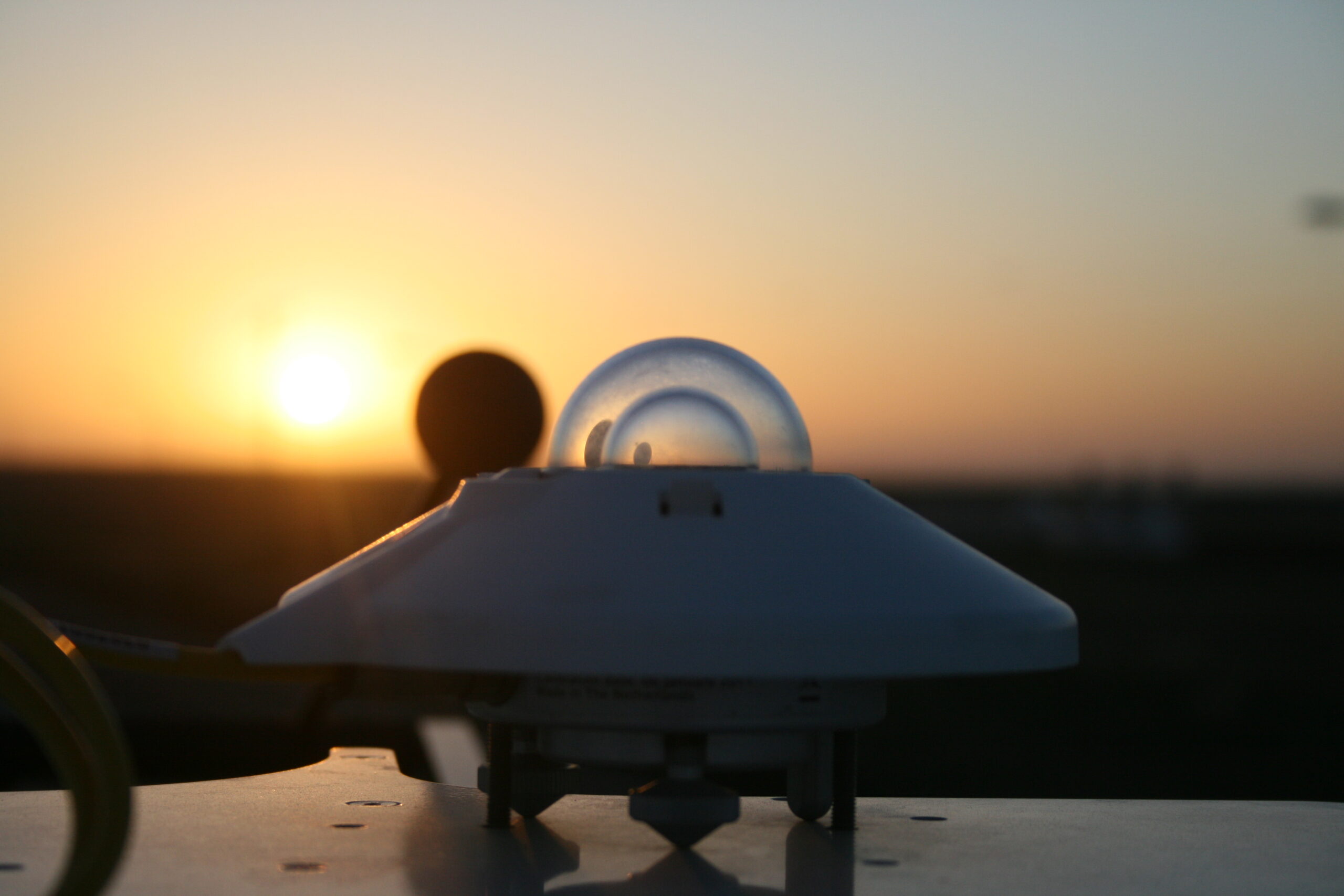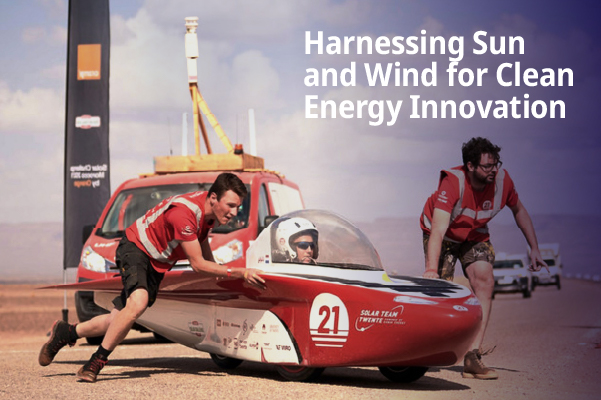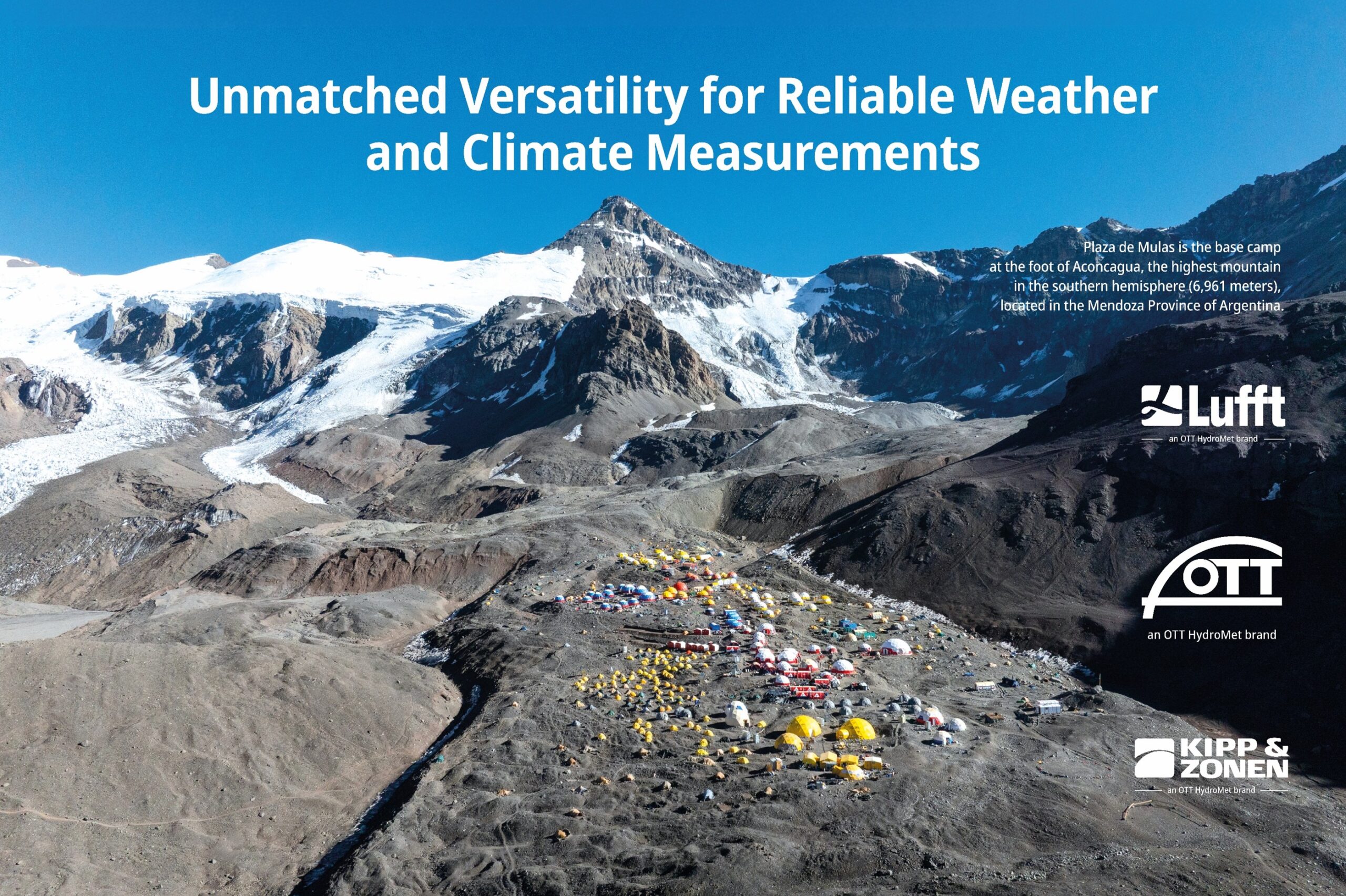Since 2011, the CHM 15k cloud height sensor has been part of the Lufft portfolio – initially as Jenoptik retail product. Since 2014 it has been an integral part of the Lufft range of optical sensors. Over the years, however, we have discovered that the CHM 15k cloud height sensor doesn’t meet all demands. The idea to develop a “smaller” and at the same time more affordable version was born…
Since 2011, the CHM 15k cloud height sensor has been part of the Lufft portfolio – initially as Jenoptik retail product. Since 2014 it has been an integral part of the Lufft range of optical sensors – developed in Berlin. Over the years, however, we have discovered that the CHM 15k cloud height sensor doesn’t meet all demands. The idea to develop a “smaller” and at the same time more affordable version was born.
Meanwhile the development work has been completed. The CHM8k is ready to conquer the market.
The new ceilometer has a maximum range of 8 km, but is in no way inferior to its “older brother” in terms of sensitivity. While the CHM 15k is mainly used in demanding, holistic tropospheric studies by meteorologists and scientists, the shorter range of the CHM8k is completely sufficient for air traffic and air quality measurements. This includes monitoring of heliports, airports and fine dust measurements by environmental authorities. In addition, the lower price of the new ceilometer is particularly beneficial in those areas where redundancy measurements are required, e.g. in air traffic. Thanks to CHM8k’s lower price, a more dense measurement network can be realized, which enables the observation of volcanic ash movements, for example. Furthermore, the new cloud height sensor is interesting for the operation of wind turbines and solar systems. Wind power is, amongst others, dependent on the cloud base, meaning the height of the lowest point of a cloud – displayed in meters above sea level. The reason for this is that below a cloud the winds are stronger than at its sides. The observation of cloud cover plays an important role for solar plants.
Users of Lufft Ceilometers can look forward to many measurement parameters simultaneously: The instruments are based on the LIDAR (light detection and ranging) principle and have an accuracy of 5m. They are capable of detecting the cloud base, cloud penetration depth (how deep the light enters the cloud), up to nine aerosol and cloud layers, cloud cover according to WMO specifications, vertical visibility and the sky condition index, consisting of fog and precipitation information. Also, the cloud height meters determine the auxiliary parameters ambient and device temperature as well as window contamination, the laser and the receiver status. These values are used for self-monitoring and make the remote application as simple as possible. The 1M-class laser used is eye-safe and the two-axis construction of the optics makes it tolerant to events that can cause a strong light diffusion, e.g. in fog, rain or low-lying stratus clouds.
The double-walled housing and the smart heating system protect the lens from fogging or freezing, making the device suitable for any climate zone and ambient temperatures between -40 and +55 °C.
The CHMs output the measured values every 5 to 60 seconds – depending on the settings and requirements of the application area. Data is transferred in ASCII format using an RS485 connection or a LAN module. A DSL interface is also available on request.
Would you like to know more? Download free Sensor Guide.
You have questions or would like to get an offer? Contact us.



